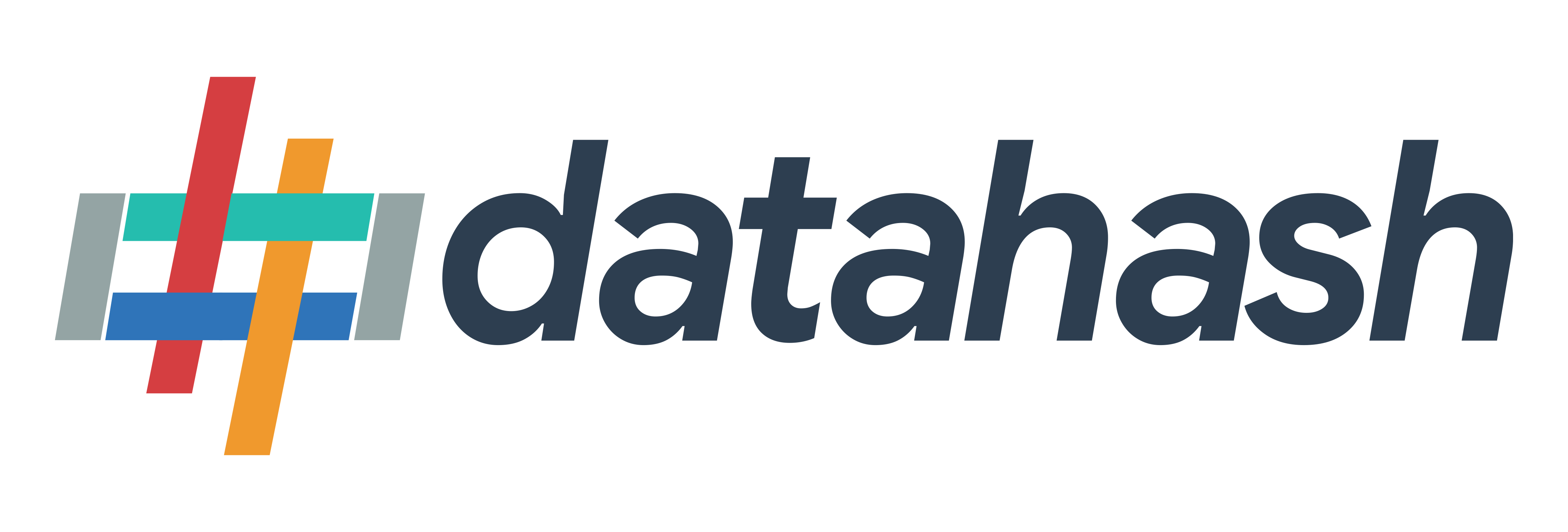What is Cost per Click (CPC)
Ever wondered how online ads work and what it costs advertisers when you click on those catchy banners or search results? “Cost per Click,” or CPC is one of the most important terms that answers the question. In simple words, CPC gives the measure of money an advertiser has to pay to an Ad platform like Google, Facebook etc. when a user or visitor clicks an online advertisement on these platforms.
Why is CPC Relevant?
Now that we know what Cost-per-click means, let’s understand why is the metric important for anyone involved in digital marketing and advertising for a business or for an advertising agency.
Cost per Click (CPC) is a linchpin in the realm of digital advertising, holding immense relevance for both advertisers and marketers alike. At its core, CPC represents the price an advertiser pays for each user click on their online ad. This payment model, often associated with pay-per-click (PPC) advertising platforms like Google Ads, underpins the very economics of online marketing.
The relevance of CPC becomes crystal clear when we consider its impact on advertising budgets. Advertisers can set maximum CPC bids, ensuring they don’t overspend while still reaching their target audience. A lower CPC signifies efficient ad campaigns, where more clicks are generated for the budget allocated. It also acts as a barometer for measuring the performance of advertisement campaigns, enabling advertisers to make informed decisions and do any course corrections or optimisations in their marketing strategies.
In the fiercely competitive digital landscape, where every click counts, CPC is more than just a metric; it’s a strategic tool that empowers businesses to optimize their ad spend, measure ROI, and achieve their marketing objectives with precision. In essence, CPC fuels the engine of cost-effective and result-driven digital advertising.
The Importance of CPC metric for businesses
The main reasons of why CPC is so important for digital advertising professionals:
- It helps to measure the effectiveness of campaigns. CPC can be used to track the performance of individual ads, keywords, and campaigns over time. This allows advertisers to identify what is working well and what needs to be improved.
- It helps to set budgets. CPC can be used to set budgets for PPC campaigns. This helps advertisers to ensure that they are not overspending or underspending on their advertising.
- It helps to optimize campaigns. CPC can be used to optimize PPC campaigns by identifying which keywords and ad placements are driving the most traffic and conversions. This allows advertisers to allocate their budgets more effectively.
Apart from these advantages, CPC is also one of the most important metrics for tracking the return on investment (ROI) of digital advertising campaign.
In a nutshell, Cost per Click (CPC) is the cost you spend when you run digital ad campaigns to bring traffic to your website or mobile app, eventually leading to the revenue for business. Better CPC indicates that you are able to drive more traffic and hence more revenue with less Ad spends, hence higher profits to the business. So next time you see an ad and give it a click, remember, there’s more to it than meets the eye – it’s all about the CPC game in the digital marketing world!












